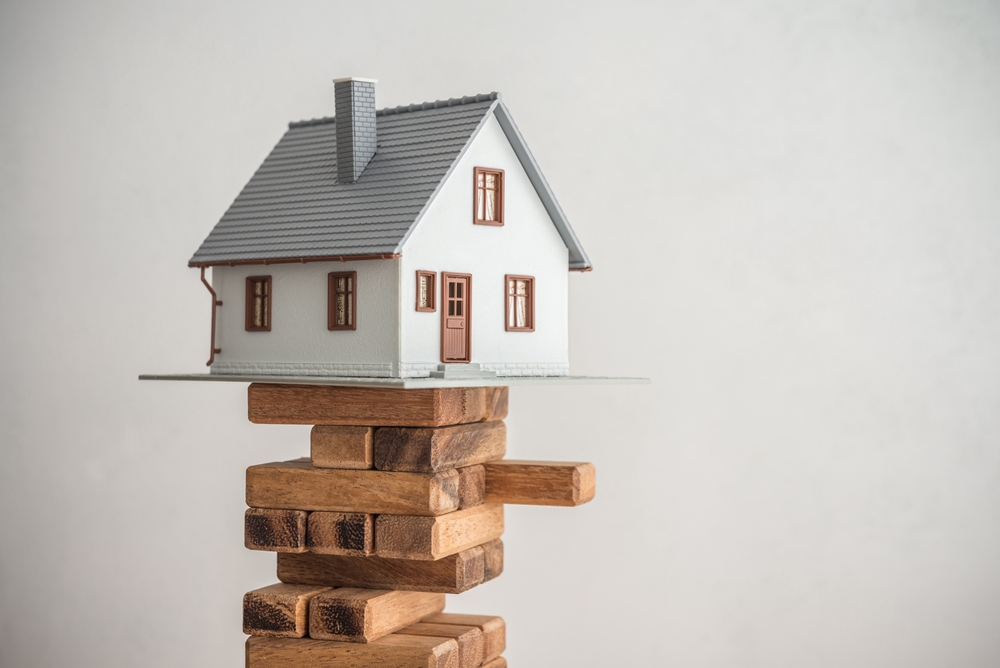Understanding Home Value: Key Factors and Impact on Real Estate
The concept of home value is fundamental to the real estate market and personal finance. Whether you're a homeowner, potential buyer, or investor, understanding what determines a property's worth is crucial. This article delves into the various aspects of home value, exploring how it's calculated, what factors influence it, and why it matters in the broader context of the housing market.

Other contributing factors include the age of the property, recent renovations or upgrades, and unique features such as a pool or expansive views. The overall state of the local real estate market, including supply and demand dynamics, also plays a crucial role in determining property values.
How is a property assessment conducted?
Property assessments are typically carried out by professional appraisers or local government assessors. These evaluations aim to determine the fair market value of a property for taxation purposes or to inform potential buyers and sellers. The process usually involves a thorough inspection of the property, considering its physical characteristics, condition, and location.
Assessors also analyze comparable sales in the area, known as “comps,” to gauge how similar properties have performed in the market. They may use various methods, including the sales comparison approach, cost approach, and income approach, depending on the type of property and its intended use.
What role does the housing market play in home values?
The housing market has a profound impact on individual property values. Market conditions, such as whether it’s a buyer’s or seller’s market, can significantly influence prices. In a seller’s market, where demand outpaces supply, home values tend to rise. Conversely, in a buyer’s market with excess inventory, prices may stagnate or decline.
Economic factors like interest rates, employment rates, and overall economic health also affect the housing market and, consequently, property values. For instance, low interest rates can stimulate buying activity, potentially driving up home prices, while economic downturns may lead to decreased demand and lower property values.
How can homeowners increase their property value?
Homeowners have several options to boost their property’s value. Renovations and upgrades are common strategies, with kitchen and bathroom remodels often yielding the highest returns on investment. Other value-adding improvements include enhancing curb appeal through landscaping, updating outdated systems like HVAC or electrical, and adding energy-efficient features.
Maintaining the property in good condition through regular upkeep and addressing repairs promptly can also help preserve and potentially increase its value. Additionally, staying informed about local market trends and making strategic improvements based on buyer preferences in the area can be beneficial.
Why is understanding home value important for buyers and sellers?
For buyers, a clear understanding of home value helps in making informed decisions and negotiating fair prices. It allows them to assess whether a property is overpriced or potentially a good investment. Buyers can use this knowledge to identify undervalued properties or avoid overpaying in competitive markets.
Sellers benefit from understanding home value by setting realistic asking prices, which can lead to quicker sales and better outcomes. Overpricing can result in a property lingering on the market, potentially becoming stigmatized, while underpricing may leave money on the table. Accurate valuation helps sellers maximize their returns while remaining competitive in the market.
How do real estate professionals determine home values?
Real estate professionals employ various methods to determine home values, often combining multiple approaches for a comprehensive assessment. One common technique is the Comparative Market Analysis (CMA), which involves analyzing recently sold properties similar to the subject property in terms of size, location, and features.
| Method | Description | Key Factors Considered |
|---|---|---|
| Comparative Market Analysis (CMA) | Analyzes recent sales of similar properties | Location, size, features, sale date |
| Automated Valuation Model (AVM) | Uses statistical modeling and machine learning | Public records, MLS data, trends |
| Professional Appraisal | In-depth evaluation by a licensed appraiser | Property condition, location, market trends |
| Income Approach | Estimates value based on potential rental income | Rental rates, expenses, capitalization rate |
Prices, rates, or cost estimates mentioned in this article are based on the latest available information but may change over time. Independent research is advised before making financial decisions.
These professionals also leverage technology, such as Automated Valuation Models (AVMs), which use statistical data and machine learning algorithms to estimate property values. However, these automated tools are typically used in conjunction with human expertise to account for nuances that algorithms might miss.
Understanding home value is essential for anyone involved in the real estate market. Whether you’re buying, selling, or simply curious about your property’s worth, grasping the factors that influence value can help you make more informed decisions. By considering elements such as location, property condition, market trends, and professional assessments, you can gain a clearer picture of a home’s true value in the ever-changing landscape of real estate.






